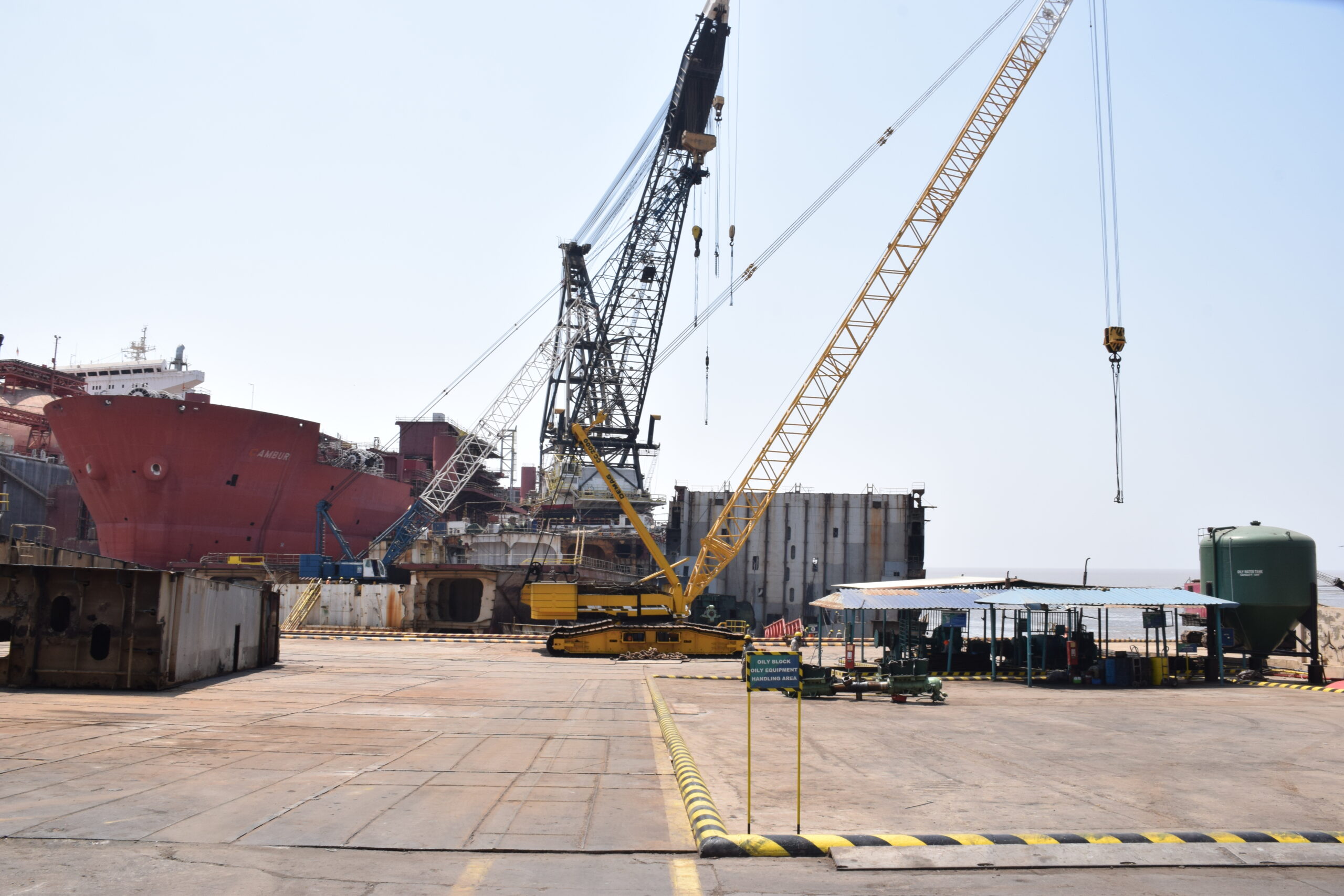Tugboat Captain Dies After Collision with Cargo Ship Near Kobe Port
A tragic maritime accident unfolded off the coast of Japan on Sunday evening, as a tugboat capsized after colliding with a cargo ship near Kobe Port. The incident, which occurred around 6 p.m. local time, claimed the life of the tugboat’s captain while two other crew members were rescued.

According to authorities, the collision occurred in the busy waters just outside Kobe Port, a critical hub for international shipping and trade in western Japan. The tugboat, a smaller vessel typically used to guide larger ships, performed routine operations when it collided with the larger cargo ship.
Rescue Efforts and Casualties
Emergency services were swiftly dispatched to the scene, where the capsized tugboat was partially submerged. Two of the tugboat’s crew members were pulled from the water and transported to a local hospital for treatment. Their injuries are not believed to be life-threatening. Tragically, the captain of the tugboat could not be saved and was pronounced dead.
The cargo ship, which was en route from Kobe Port to Singapore at the time of the collision, was carrying a crew of 21 members. Fortunately, none of them were injured in the incident.
Local maritime authorities are working to determine the cause of the collision, with investigators examining potential factors such as visibility, navigation protocols, and communication between the vessels.
Busy Waters and Maritime Risks
The area surrounding Kobe Port is a bustling maritime corridor, with numerous vessels traversing its waters daily. Tugboats play an essential role in ensuring the safe navigation of larger ships, often guiding them through narrow channels or into port. However, these operations come with inherent risks, especially in congested waters.
While the exact circumstances of Sunday’s collision remain unclear, experts suggest that such incidents highlight the need for stringent safety measures and effective communication between vessels operating nearby.
“Maritime traffic near Kobe Port is dense, and even minor miscalculations can lead to accidents,” said a local maritime safety official. “This tragic incident underscores the importance of vigilance and adherence to navigation protocols.”
Investigation Underway
The Japan Coast Guard has launched a formal investigation into the collision. Officials will examine both vessels’ logs and navigation systems and interview the surviving crew members to piece together the events leading up to the accident. Weather conditions and visibility during the collision will also be assessed as part of the inquiry.
Additionally, authorities will inspect the cargo ship for any potential damage from the impact. Initial reports indicate that the ship, which continued its journey after the collision, sustained minimal damage and remains seaworthy.
A Grieving Industry
The maritime community in Kobe has been shaken by the tragedy, with condolences pouring in for the family of the tugboat captain. Tugboat crews often face hazardous working conditions, operating small vessels in challenging environments to ensure the safety of much larger ships.
“This loss is a stark reminder of the dangers faced by those working at sea,” said a representative from a local seafarers’ union. “Our thoughts are with the captain’s family and the crew members recovering from this ordeal.”
Looking Ahead
As Japan’s maritime authorities continue their investigation, the incident serves as a sobering reminder of the complexities and risks involved in global shipping operations. Kobe Port, one of the nation’s busiest trade hubs, will likely review its safety procedures to prevent similar tragedies in the future.
The cargo ship’s journey to Singapore, though uninterrupted, will now carry the weight of an incident that claimed a life—a stark testament to the unpredictable nature of life at sea.
Author: shipping inbox
shipping and maritime related web portal








